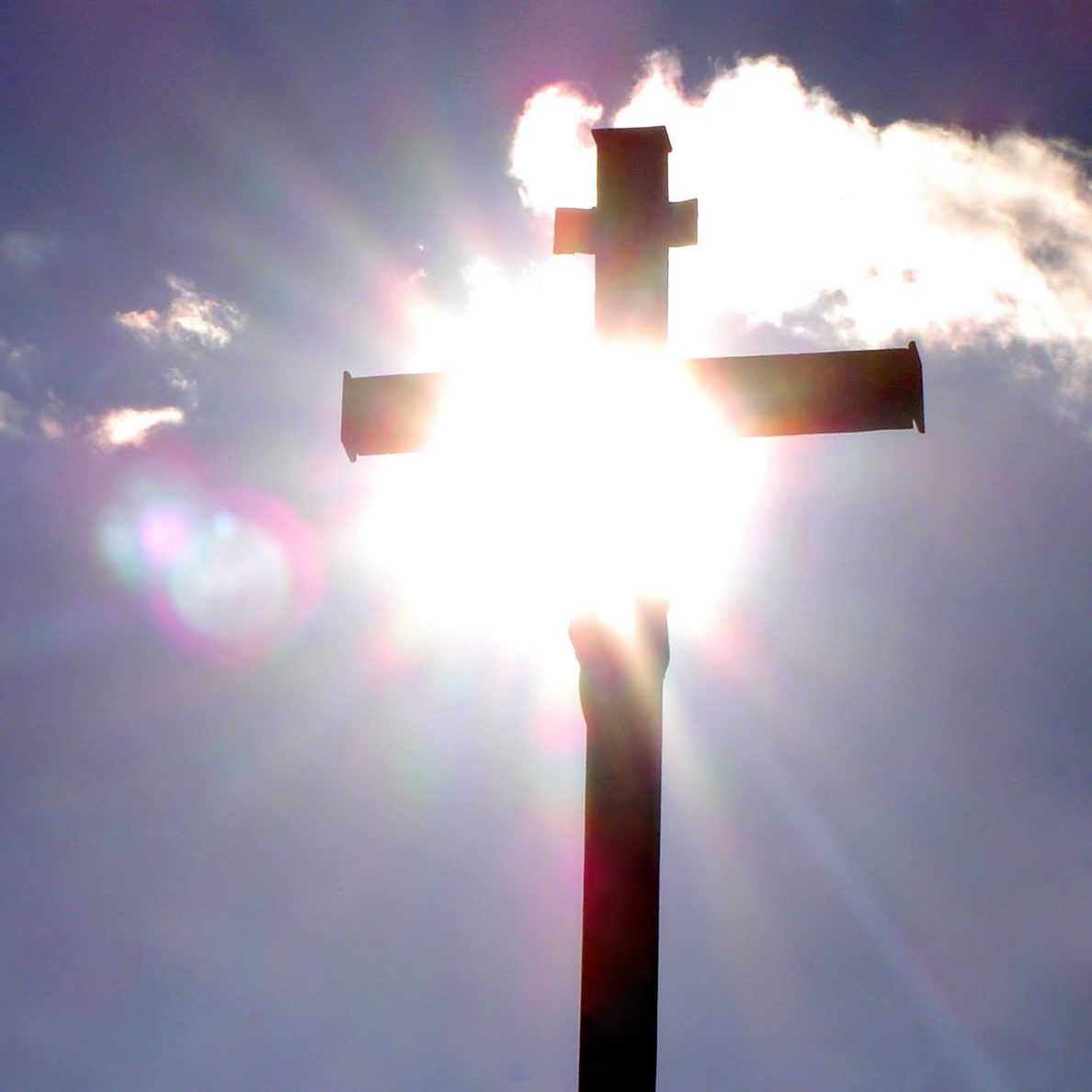Every year in Lent we are preparing to live Easter; it is for us the “Easter Sunday.” But how was the Passover lived by Jesus?
Matthew tells it in chapter 26.
The Beginning
the “mathetài”, the disciples (those who learn – “manthàno” in ancient greek means learning) go to prepare dinner for their teacher “didàskalos”; we also recognize ourselves as people who want to learn from Jesus.
The Dinner
A disconcerting element comes out: Jesus says, “one of you will deliver me.”
They all feel very bad (“sfòdra lupùmenoi” means actually”very sad”), we also would get upset: why should we deliver him? We want to be with him! It begs the question “Is it me?”.
Judas asks the question. But the name by which they turn to Jesus is different. Jude calls Him “Rabbi,” all the others “Kurie”. Let’s try to figure out: “Rabbi” is the master of the law, the one who shows the way of tradition, is the master that Judas would appreciate and that Jesus is not: how can teach the law one that does not respect the Sabbath, eating with sinners and so on. etc.? Judah is disappointed by Jesus, that in his eyes undermines the historic structure of the Jewish religion. “Kurie” instead is the ‘landlord’, who has in himself the authority and therefore knows what he’s doing, even when it goes against tradition.
And what about us? Who is Jesus for us? Is He “rabbi” or “kurios”?
The Betrayal
Judas betrays Jesus, as we know; others flee, Peter will say “I do not know him.”
And how about us? We have already given up the novelty of Jesus preferring the structures of law or we go away because we are afraid of where this news will lead us? We defend the rules of our security or accept to risk our lives in order to follow the Holy Spirit “that blows where it wants” (not where we want…)? The resurrection is the work of the Spirit; to prepare the Easter resurrection means putting us on his side.
Written by Umberta Parodi – novice teacher of Greek



Comments